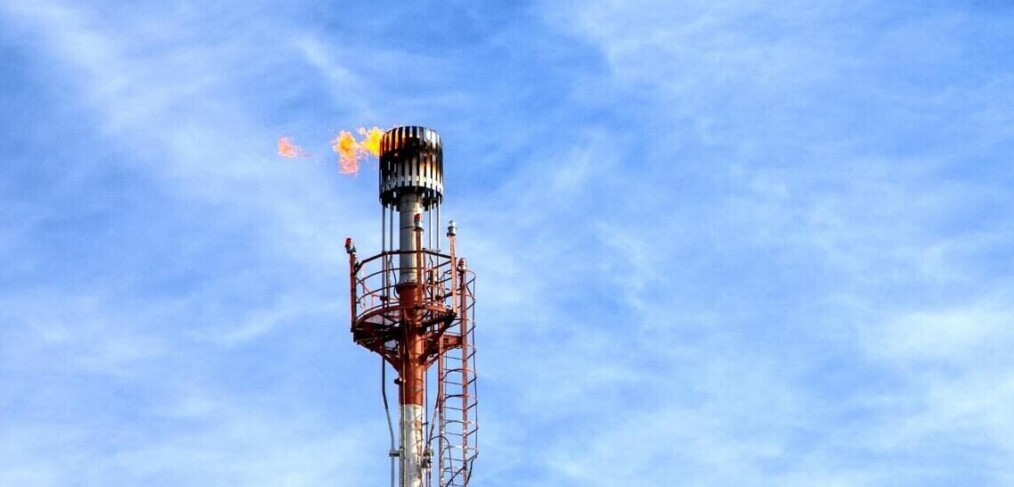
Letter to IEA: More cooperation on methane!
Together with several Members of the European Parliament and the US House of Representatives, I am calling on the International Energy Agency (IEA) to take action to curb methane emissions in the energy sector worldwide.
Demands on the IEA
Although methane emissions in the oil and gas sector can easily be reduced with cost-effective options, these options are still underutilized. The EU and the USA have initiated binding measures against the climate killer methane, but global efforts are needed to achieve the climate target of limiting global warming to a maximum of 1.5 degrees.
We call on the IEA to bring together member countries at least twice a year to:
- Develop a common understanding of the steps necessary to enact domestic policies aimed at reducing methane emissions from the oil and gas sector, including imports. Such steps could include the creation of international standards for measurement, monitoring, reporting, and verification (MMRV) of methane emissions and a methane emissions intensity index.
- Contribute to the development of international standards for MMRV, supporting the implementation of such domestic policies. These standards should include a flexible process for leveraging new technologies as they are developed that improve the accuracy of methane emissions measurement. We acknowledge and appreciate ongoing efforts, including at the US Department of Energy and the International Methane Emissions Observatory, in this regard. We would kindly suggest issuing a report with recommendations for these international standards and processes if possible by June 30, 2025.
- Work collaboratively with oil and gas companies as well as bilateral development institutions, multilateral lenders, and other financial institutions to identify and address barriers to reducing methane emissions in low- and middle-income countries.
- Provide technical assistance to countries in the process of enacting domestic policies that include requirements for imports.
We also ask the IEA to produce and/or summarize analyses of the potential impacts of such measures on global oil and gas markets, including prices and energy security.
IEA Methane Letter - FINAL
The climate killer methane
Methane is the second most important greenhouse gas after CO2 and is responsible for around a quarter of global warming. According to the World Meteorological Organization, the concentration of methane in 2022 was the highest since measurements began. According to the Intergovernmental Panel on Climate Change (IPCC), we need rapid methane reductions to achieve the 1.5 degree target. Halving methane emissions by 2030 could reduce the rise in the global average temperature by 0.3 degrees Celsius. The time for action is pressing, as methane is more than 80 times more harmful to the climate than CO2 over a period of 20 years.
More than half of global methane emissions are man-made. In Europe, agriculture is responsible for 53 percent, waste management for 26 percent and the energy sector for 19 percent. Although the new regulation only regulates the energy sector, 75 percent of emissions can be avoided here in a cost-neutral way. In the Global Methane Pledge, more than 100 countries have committed to reducing their methane emissions by 30 percent by 2030.
